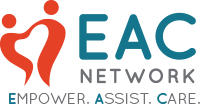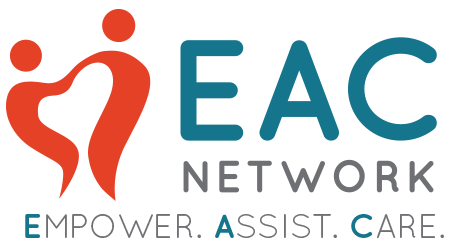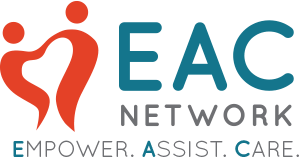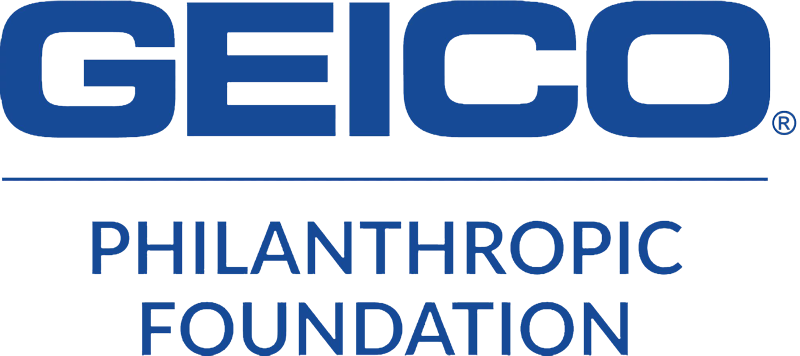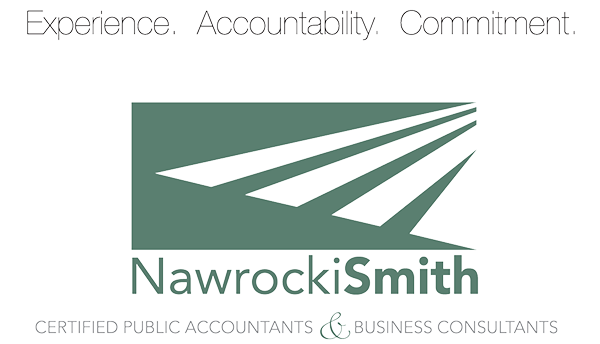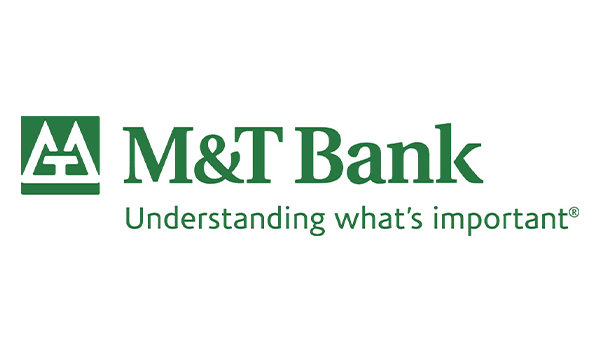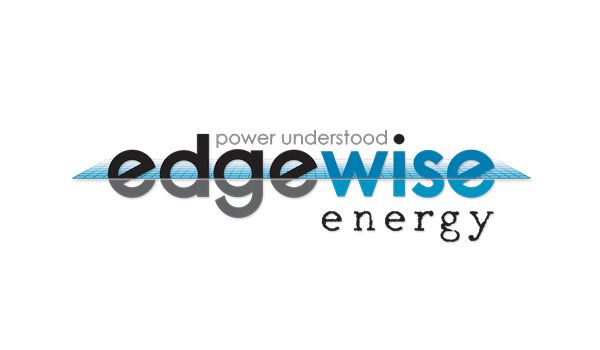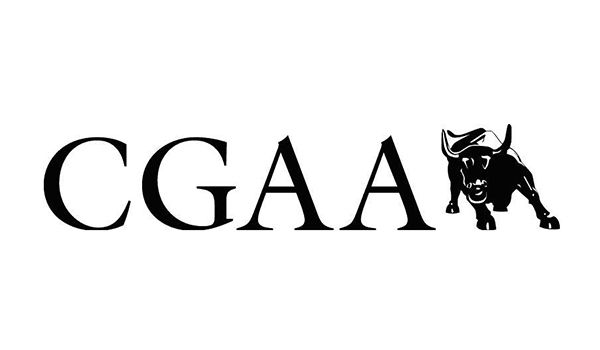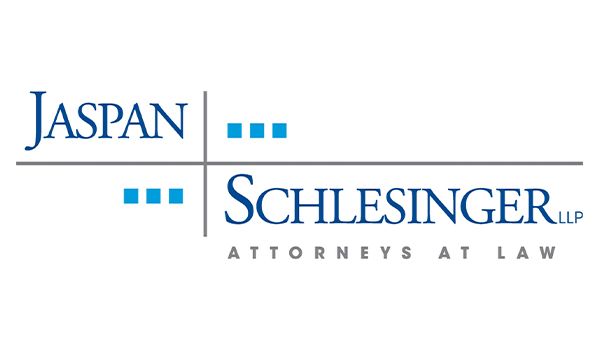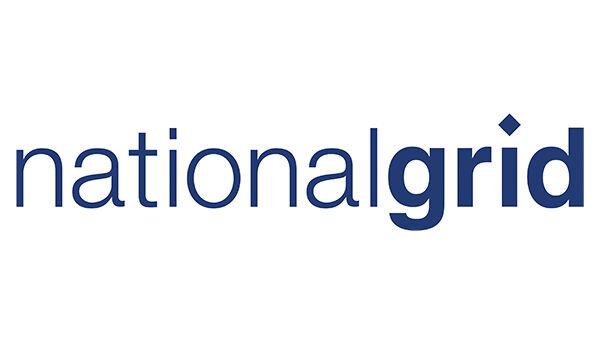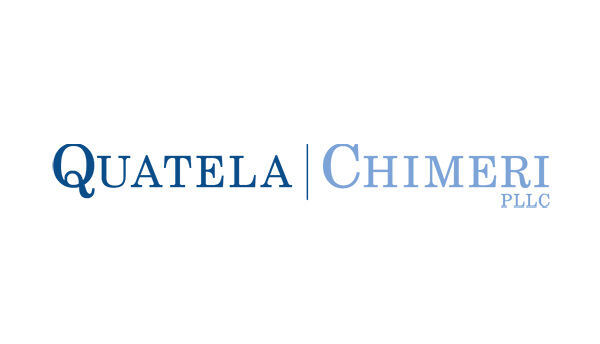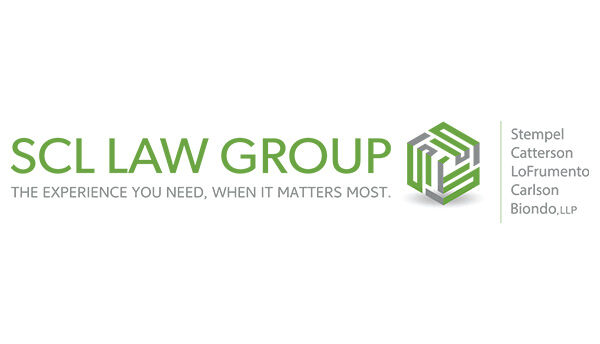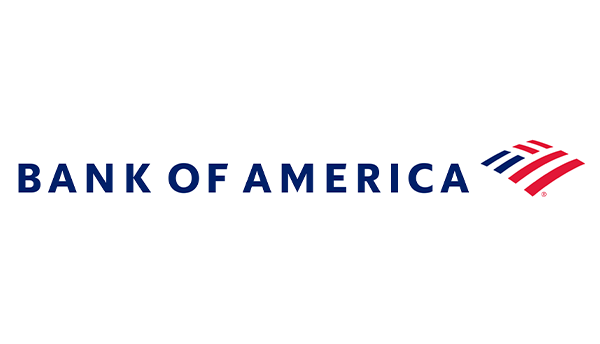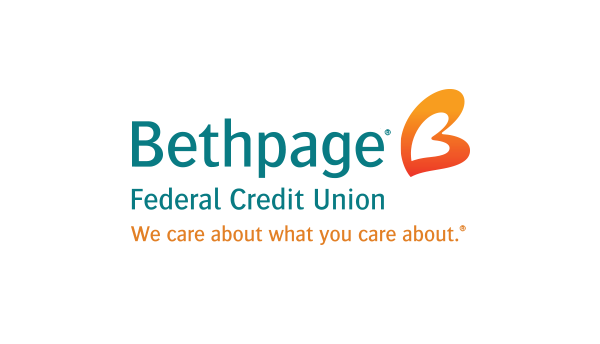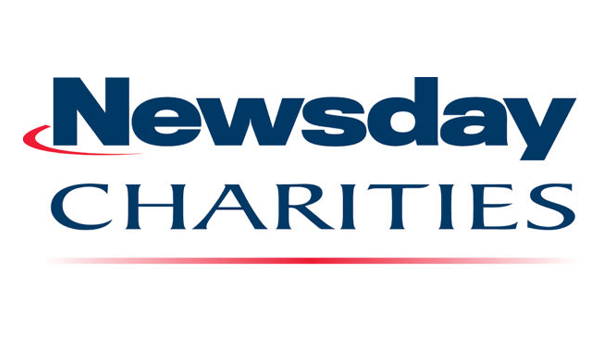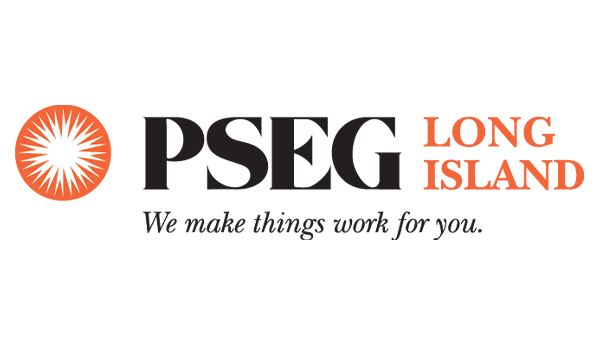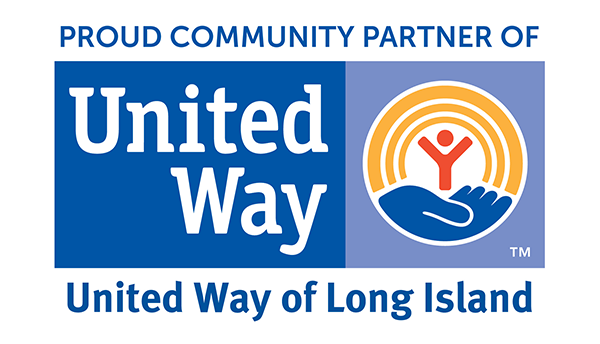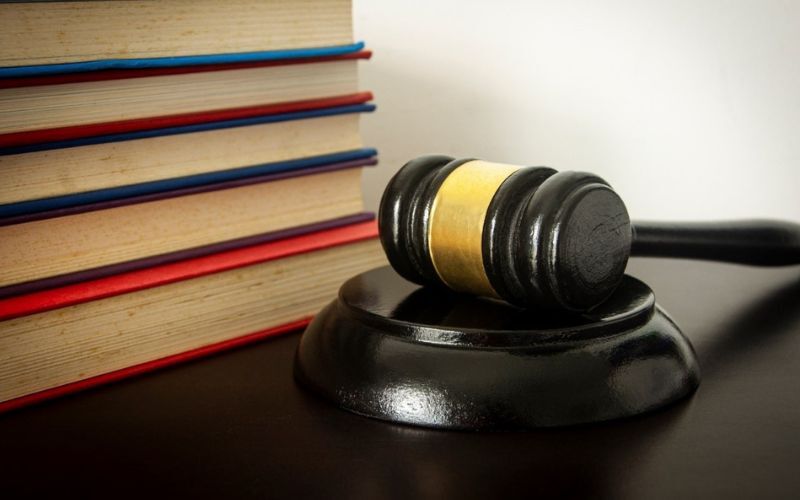
Mental health and addiction present many challenges to individuals around the world, including the communities throughout New York’s 5 boroughs. Thankfully, a beacon of hope emerged through the Brooklyn SAMSHA Behavioral Health Treatment Court Collaborative. This EAC Network program is offered at and in association with the Brooklyn Criminal Court. Its primary focus is helping to address the complex needs of individuals grappling with behavioral health issues and substance abuse within the criminal justice system.
The Crisis at Hand: A Nationwide Epidemic
Nationwide, the state of mental health alongside substance abuse within the criminal justice system is at a crisis level. The statistics are staggering – according to the Treatment Advocacy Center, individuals with severe mental illness are three times more likely to be in jail than in a hospital. Furthermore, the National Institute on Drug Abuse reports that about 65% of the U.S. prison population meets the medical criteria for substance use disorder. Yet, only a fraction receive the treatment they desperately need.
A New Approach to Breaking a Devastating Cycle
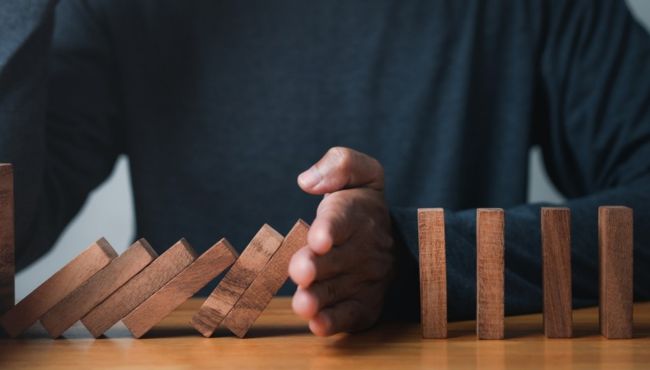
EAC Network recognized the need to improve behavioral health treatment for individuals entangled in the legal system. The traditional punitive approach often leads to recidivism and relapses, exacerbating the problem rather than addressing its root causes. By addressing the issues and behaviors that tend to lead to recidivism and relapses, we are empowering these individuals with hope and guidance where there may have been none before. It also provides these participants with a realistic path toward recovery and a stable life, where they can become active and caring members of their communities.
Innovative Interventions: Brooklyn’s SAMHSA Behavioral Health Treatment Court
Working directly out of the Brooklyn Criminal Court and in partnership with STEP and MBTC Treatment Courts, EAC Network offers various centralized services in behavioral health services:
- Health Home referrals
- Intensive case management
- Cognitive behavioral interventions
- Consumer-centered family consultation
- Individualized vocational and educational counseling
The Impact of SAMSHA Collaborative
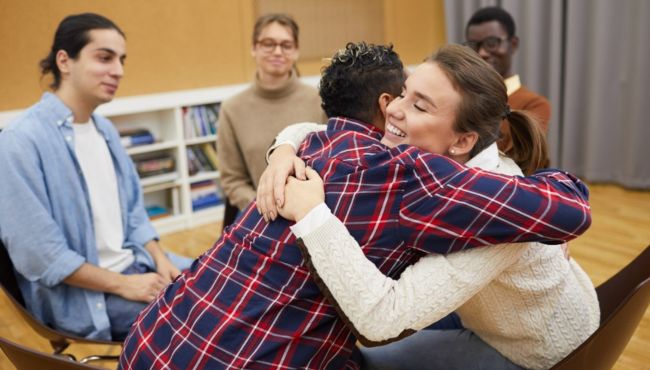
The Substance Abuse and Mental Health Services Administration (SAMSHA) is an agency with the U.S. Department of Health and Human Services, leading public health efforts across the country. Their mission is to direct public health and service delivery efforts that promote enhanced mental health, prevent substance misuse, and provide treatments and support to foster recovery while ensuring equitable access and better outcomes.
The Essential Role in Brooklyn and Surrounding Burroughs
With reduced relapses and recidivism rates among Treatment Court participants, the Brooklyn SAMSHA Behavioral Health Treatment Court Collaborative underscores its essential role to those involved. As communities grapple with the devastating effects of the opioid epidemic and a growing mental health crisis, innovative programs like this offer a real chance for change by actually assisting the participants with overall behavioral health treatment.
By shifting the focus from punishment to rehabilitation, the Brooklyn SAMSHA Behavioral Health Treatment Court Collaborative is not just changing individual lives but reshaping the landscape of justice. It is a true testament to the power of empathy, understanding, and commitment in navigating the complexities of mental health, addiction, and the legal system.
EAC Network Will Always Find Ways to Empower, Assist, and Care
Through our programs and services, we strive to empower individuals and improve their communities while setting an example that says, “Together, we can make a difference.” A second chance is within reach for everyone, especially when supported by direct and structured assistance.
